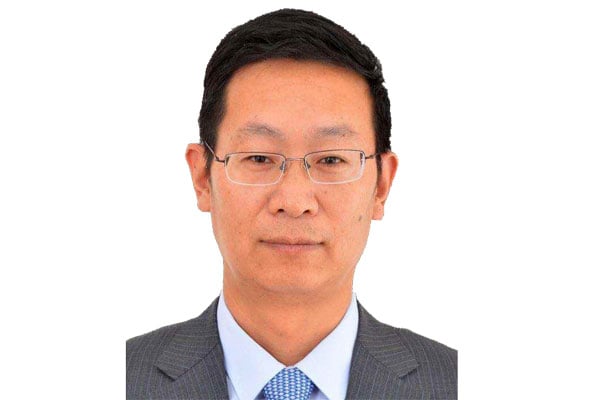Prime
Religious leaders can do more

What you need to know:
Uganda is a highly religious country. This means that almost all Ugandans follow, support and pay allegiance to a religious leader or institution
On June 25, national prayers were held to seek God’s mercy in light of the raging Covid 19 pandemic. During the proceedings, religious leaders, through Apostle Dr Joseph Serwadda, requested the President to allow them participate more in the fight against the disease. In particular, they singled out their readiness to use their networks to solicit donations for more vaccines. The President must have been taken by surprise by this bold request, but he accepted.
That was just one indicator that faith groups could be sitting on untapped potential that is badly needed in the Covid-19 fight.
To begin with, Uganda is a highly religious country. This means that almost all Ugandans follow, support and pay allegiance to a religious leader or institution. For that matter, to effectively mobilise the masses for any worthy cause, it is wise to consider harnessing the influence and structures of religious institutions.
However, as it stands now, we are not hearing a strong, coherent message. They need to respond to this crisis in a systematic, coordinated and institutionalised manner. This is opposed to the scattered and sometimes contradictory pronouncements that come from different church leaders. Three main areas, in my view, beg more attention:
Relief support; Times of crisis like these are a great opportunity for religious groups to demonstrate how authentic they really are; whether they care for their flock or use their flock to meet their selfish ends. “Learn to do good, seek justice. Help the oppressed. Defend the cause of orphans. Fight for the rights of widows” (Isaiah 1:17, New Living Translation).
This is just one of the countless Bible verses that attest to this. Compassion ministry should not be left to the bigger and richer churches only; even smaller ones can do what is in their power to mobilise resources and reach out in their communities without violating Covid-19 prevention guidelines. It’s commendable that government is doing what they can to offer relief to selected vulnerable groups; however, the gap is still too big. Churches can liase with the relevant local authorities to identify those who didn’t benefit from Government funds yet are needy.
A voice for the voiceless. In the spirit of “helping the oppressed”, church leaders need to speak out strongly and clearly when it comes to demanding accountability for funds intended to help ordinary Ugandans, especially in critical moments like these.
A voice of comfort and strength. Every true spiritual leader knows that his people need him more in times of hardships, grief and pain. We are gifted and equipped to offer guidance, comfort, hope and encouragement in tough times. This role needs to come out more strongly than ever. With modern communication technology available now, our voices can always reach our people even in the absence of physical gatherings.
However, for all that to be done effectively, government needs to find ways of guiding and facilitating faith leaders to creatively play their part without any hindrances caused by the lockdown. Let’s engage the Shepherds! Nathan Kaija, Pastor and social analyst Kisoro




